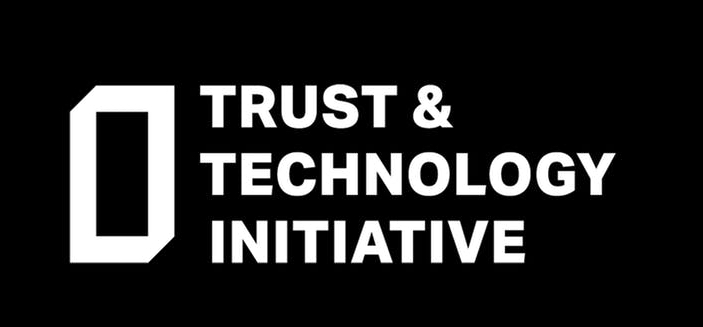Is technology making us miserable? Policymaking for the psychosocial impact of screentime.
One-day workshop, co-hosted by Dr Christopher Markou (Faculty of Law, Cambridge), Dr Sarah Steele (POLIS, Cambridge) and the Intellectual Forum at Jesus College.
It brought together legal and public policy researchers with clinicians, policy makers, and civil society organisations to explore what we know about the psychosocial effects of technology, what we don’t know, and how much more we need to know before appropriate policy interventions can be justified. One component of this workshop was exploring the design of a ‘Code of Best Practices’ for clinical research into digital wellbeing, and ensuring that industry funded research does not unduly influence or have a chilling effect upon researchers.
An extensive, but still emerging, body of interdisciplinary research is trying to understand the effects of technology on our physical and mental wellbeing. Some of this research suggests an unambiguous connection between screen use and lower attention spans, increased loneliness, and greater self-reported stress, anxiety, and depression. Despite mounting correlations, causation has yet been established. Yet it is hard to ignore trends that suggest social media, the gig economy, and desk-bound jobs aren’t making us any healthier, or indeed happier. Without definitive scientific evidence though, can we afford to ignore these correlations?
While many advise self-monitoring or ‘digital hygiene’ in the absence of scientific consensus, the NHS has made clear that a public health approach is needed now. Evidence-backed policy might be the gold standard, but in the face of suggestions that mental health services are at their ‘breaking point’ in the UK, do we have enough information to justify precautionary policy interventions? After all, what is at stake is the health of the population, particularly the health of children and young adults. We know from earlier examples that industry has manipulated and influenced public policy debates when their products posed health risks. The Tobacco Industry did just this in relation to cigarettes causing cancer. But the power wielded by Big Tech, particularly in light of their funding of clinical research into the effects of their services, raises questions about the influence they are having on shaping scientific opinion and dissemination of results. If what we require is evidenced-based policy, can we trust the evidence base?

